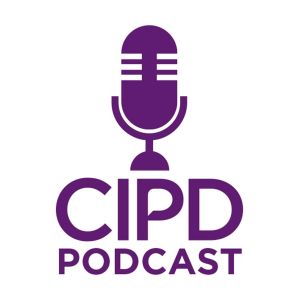
Read or listen offline
Amazon KindleRecommendation
The modern workplace is more diverse than ever before. Although employers still have a long way to go to achieve true workplace equality, organizations have made strides in increasing the proportion of women, LGBTQ and people of different ethnic backgrounds. In this CIPD podcast episode, three experts discuss what may well be diversity’s next frontier: neurodiversity. The discussion provides hands-on advice to recruiters, HR professionals and line managers on attracting and accommodating talent whose thinking and behavior diverges from the mainstream.
Summary
About the Podcast
On each episode of the in-house podcast of the Chartered Institute of Personnel and Development (CIPD), former BBC reporter Philippa Lamb discusses a workplace topic with a selection of experts. In this CIPD podcast episode on neurodiversity, she talks to Jill Miller, PhD, diversity and inclusion adviser at CIPD; Margaret Malpas, vice president of the British Dyslexia Association; and Kirsty Wilson, global job coach at Auticon – an IT consulting business and social enterprise that exclusively employs adults on the autism spectrum.








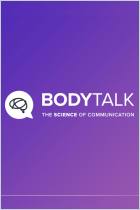
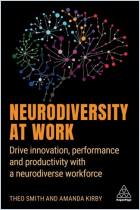
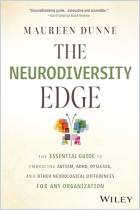
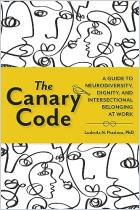
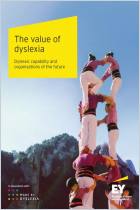










Comment on this summary